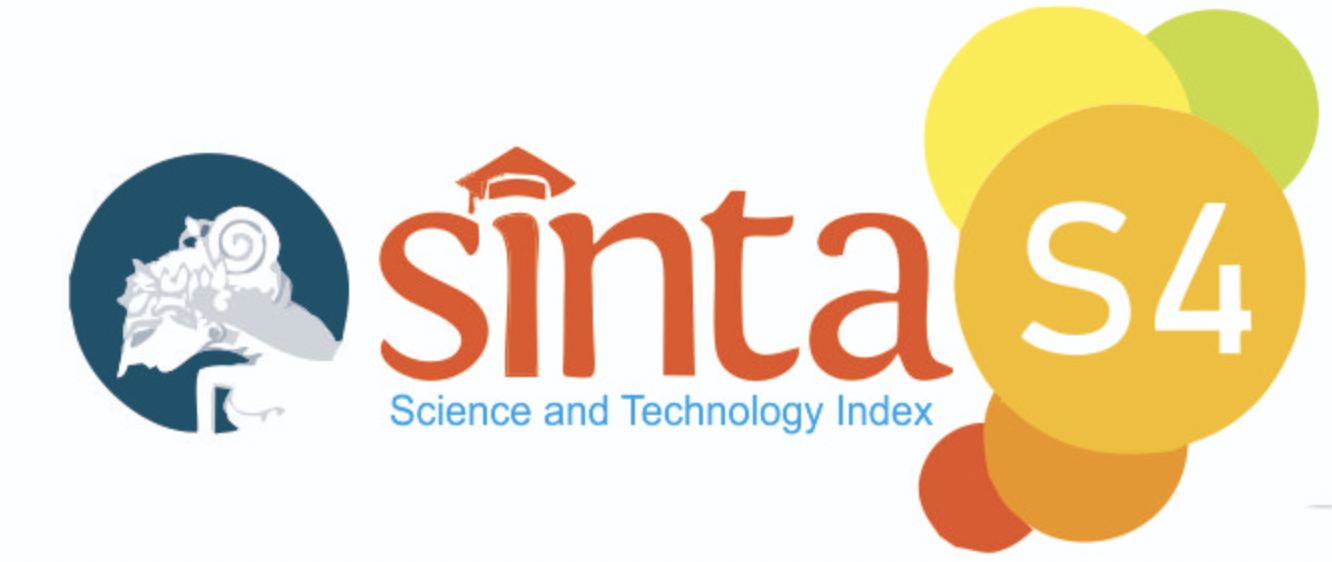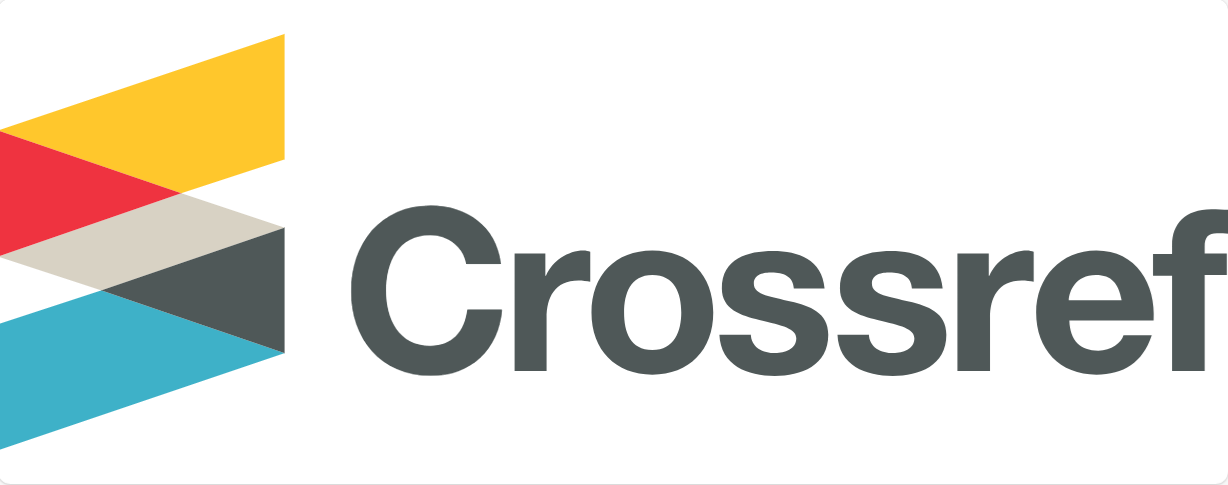Abstract
This study investigates the significance of knowledge transfer strategies within libraries, encompassing insights and expertise deeply ingrained in organizational strategy. This study aims to explore and evaluate key indicators of scientific behavior in the research domain concerning the intersection of open innovation and concepts of knowledge transfer in libraries. Through bibliometric and network analysis, the study seeks to unravel the joint scientific trajectory of these domains. This research uncovered three primary avenues: knowledge transfer within LIS research and journals, knowledge retention for outgoing employees, and knowledge transfer in information literacy programs. The study reveals publication trends and identifies research gaps, emphasizing opportunities for scholars to contribute to the evolving discourse on knowledge transfer. Practical implications include tailored approaches for organizational learning and innovation. Future research should address identified gaps and explore emerging trends, fostering collaboration between researchers, practitioners, and policymakers to promote organizational resilience and continuous improvement within libraries.
Bahasa Abstract
Penelitian ini menginvestigasi pentingnya strategi transfer perngetahuan di perpustakaan, meliputi wawasan dan praktik mendalam yang dilakukan sebagai strategi organisasi. Penelitian ini bertujuan untuk mengeksplorasi dan mengevaluasi indikator dalam domain penelitian mengenai konsep dan stratego management pengetahuan di Perpustakaan. Metode yang digunakan dalam penelitian adalah bibliomerik untuk mengidentifikai tren domain penelitian dalam topik strategi manajemen penegtahuan di perpustakaan. Penelitian ini mmengungkap tiga strategi utama dalam manajemen pengetahuan di Perpustakaan yaitu transfer pengetahuan melali penelitian dan jurnal LIS, retensi pengerahuan nutuk karaywan, dan transfer pengetahuan melali program literasi informasi. Berdasarkan analisi tren dan kesenjangan penelitian, ditemukan potensi kesenjangan penelitian dalam pelatihan pustakawan, inovasi layanan, dan praktik penilaian. Kesenjangan ini memberikan peluang bagi para peneliti di masa depan untuk menggali lebih dalam dan berkontribusi terhadap wacana yang berkembang mengenai strategi transfer pengetahuan di perpustakaan, yang pada akhirnya memupuk ketahanan organisasi, mendorong inovasi, dan meningkatkan kemampuan beradaptasi dalam lanskap informasi yang selalu berubah. Penelitian ini berimplikasi pada pendekatan praktis dalam mendorong kolaborasi antara peneliti, praktisi, dan pembuat kebijakan untuk meningkatkan ketahanan organisasi dan perbaikan berkelanjutan dalam upaya transfer pengetahuan di lingkungan perpustakaan.
References
Agarwal, N. K., & Islam, M. A. (2015). Knowledge retention and transfer: How libraries manage employees leaving and joining. Vine, 45(2), 150-171.
Argote, L., & Fahrenkopf, E. (2016). Knowledge transfer in organizations: The roles of members, tasks, tools, and networks. Organizational Behavior and Human Decision Processes, 136, 146-159.
Bagheri, S., Kusters, R. J., Trienekens, J. J., & van der Zandt, H. V. (2016). Classification framework of knowledge transfer issues across value networks. Procedia CIRP, 47, 382-387.
Choi, N., Huang, K. Y., Palmer, A., & Horowitz, L. (2014). Web 2.0 use and knowledge transfer: How social media technologies can lead to organizational innovation. The Electronic Journal of Knowledge Management, 12(3), 174.
Chugh, R. (2017). Barriers and enablers of tacit knowledge transfer in Australian higher education institutions. International Journal of Education and Learning Systems, 2.
Duan, Y., Yang, M., Huang, L., Chin, T., Fiano, F., de Nuccio, E., & Zhou, L. (2022). Unveiling the impacts of explicit vs. tacit knowledge hiding on innovation quality: The moderating role of knowledge flow within a firm. Journal of Business Research, 139, 1489-1500.
Gu, Z., Meng, F., & Farrukh, M. (2021). Mapping the research on knowledge transfer: A scientometrics approach. IEEE Access, 9, 34647-34659.
Handayani, P. W. (2017). Systematic Review dengan PRISMA (Preferred Reporting Items for Systematic Reviews and Metaanalyses). Workshop Riset Sistem Informasi Perbanas, 1(3), 1-28.
Kibe, L., & Kwanya, T. (2015). Knowledge ambassadors: Enhancing tacit knowledge transfer in Kenyan universities. In Knowledge Management in Organizations: 10th International Conference, KMO 2015, Maribor, Slovenia, August 24-28, 2015, Proceedings 10 (pp. 794-805). Springer International Publishing.
Langley, M. A. (2015). Capturing the value of project management: Through knowledge transfer. Project Management Institute.
Marbun, D. S., Juliandi, A., & Effendi, S. (2020). The effect of social media culture and knowledge transfer on performance. Budapest International Research and Critics Institute-Journal (BIRCI-Journal), 3(3), 2513-2520.
Nonaka, I., & Takeuchi, H. (1998). A theory of the firm’s knowledge-creation dynamics. The dynamic firm, the role of technology, strategy, organization, and regions, 27.
Popoola, O. (2021). The moderating effect of transformational leadership on relationship between organizational silence and knowledge transfer among librarians in Federal Universities in Southern Nigeria. International Journal of Information Science & Management, 19(2).
Robison, M., Fawley, N., & Marshall, A. (2020). “That background knowledge”: What junior and senior undergraduate transfer students need from their libraries. The Journal of Academic Librarianship, 46(1), 102092.
San Nicolas-Rocca, T., & Burkhard, R. J. (2019). Information security in libraries: Examining the effects of knowledge transfer. Information Technology and Libraries, 38(2), 58-71.
Sarvestani, M. S., Biranvand, A., & Shojaeifard, A. (2022). Organisational trust and tacit knowledge transfer. DESIDOC Journal of Library & Information Technology, 42(5), 325-330.
Siewert, K. G., & Louderback, P. (2019). The “bus proof” library: Technical succession planning, knowledge transfer, and institutional memory. Journal of Library Administration, 59(4), 455-474.
Sikombe, S., & Phiri, M. A. (2019). Exploring tacit knowledge transfer and innovation capabilities within the buyer–supplier collaboration: A literature review. Cogent Business & Management, 6(1), 1683130.
Tangaraja, G., Mohd Rasdi, R., Abu Samah, B., & Ismail, M. (2016). Knowledge sharing is knowledge transfer: A misconception in the literature. Journal of Knowledge Management, 20(4), 653-670.
Thomas, C. V., & Urban, R. J. (2018). What do data librarians think of the MLIS? Professionals’ perceptions of knowledge transfer, trends, and challenges.
Van de Burgwal, L., van der Waal, M., & Claassen, E. (2018). Leveraging academic knowledge in the innovation ecosystem.
Williamson, P. O. (2016). Situated cognition principles increase students’ likelihood of knowledge transfer in an online information literacy course.
Zhao, R., & Wu, S. (2014). The network pattern of journal knowledge transfer in library and information science in China. KO Knowledge Organization, 41(4), 276-287.
Recommended Citation
Azmir, Aviazka Firdhaussi and Salim, Tamara Adriani
(2024)
"Trend of Knowledge Transfer Strategy in the Libraries: A Bibliometrics Analysis,"
Jurnal Ilmu Informasi, Perpustakaan dan Kearsipan: Vol. 26:
No.
1, Article 3.
DOI: 10.7454/JIPK.v26i1.1104
Available at:
https://scholarhub.ui.ac.id/jipk/vol26/iss1/3
Included in
Archival Science Commons, Collection Development and Management Commons, Information Literacy Commons








